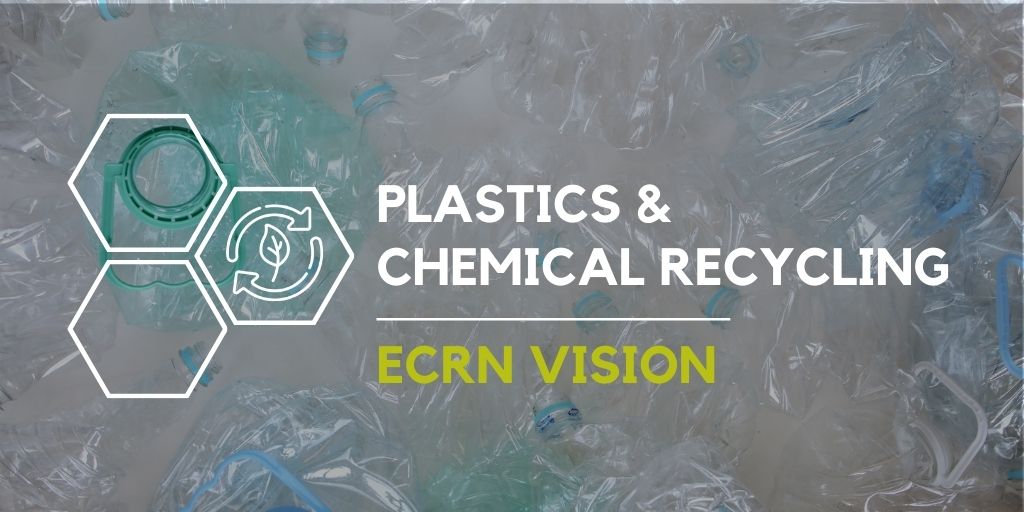Over the past fifty years, the global use of plastics has increased twentyfold and is still growing. It is expected to reach up to 1.2 billion tonnes annually by 2050. At the same time, plastic waste is increasingly becoming a global problem, as the reuse and recycling of plastics
have not kept pace.
In the EU, the potential for recycling plastic waste remains largely unexploited. Only 15% of EU-collected plastic waste in the EU finds its way back into the EU plastic market. Chemical recycling can treat waste that can’t be recycled mechanically, and therefore plays an important role in the mix of solutions to tackle the problem of plastic waste.
The future for sustainable plastics is in bio-based polymers. But the present is in enhancing recycling. Recycling will have the biggest impact in the near future. The technology for converting old plastics into new products via mechanical recycling is already well developed, while chemical recycling is developing fast. The next step is to add bio-based components to this process.
ECRN members want to move quickly towards a closed plastic cycle in our regions. Processing of the plastic residual flows must be mechanical and chemical. Our regions are already home to a lot of biobased and circular initiatives and have considerable strengths, the next step is to more actively govern the creation of these value chains. This can be realized by attracting/stimulating those initiatives which have the best chance to lead to commercial success in the region because they are built on the feedstock, infrastructure and local market of the region.



